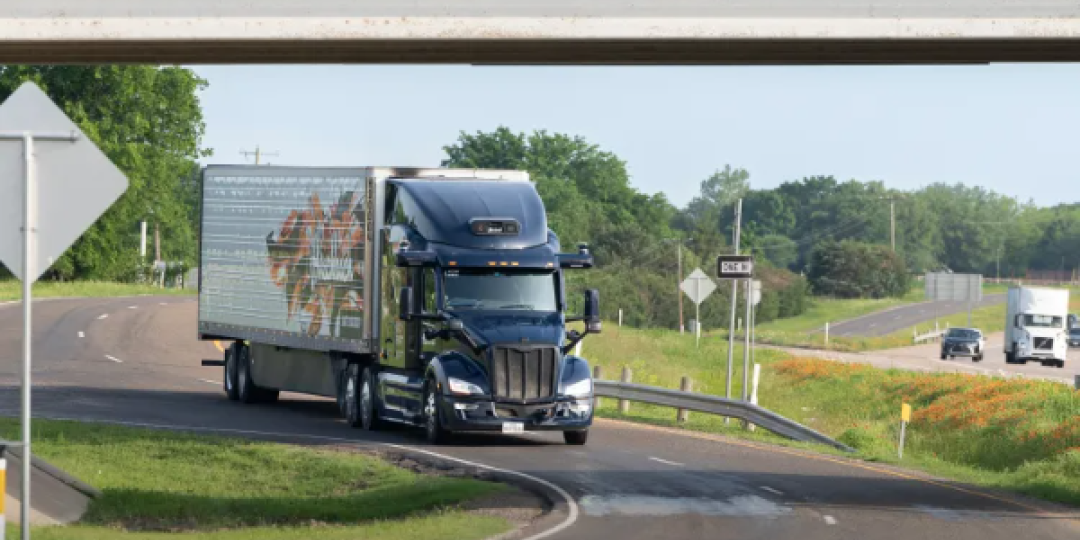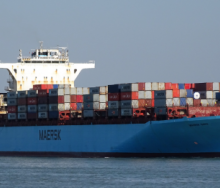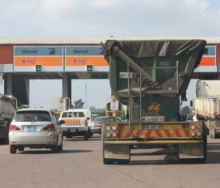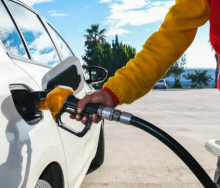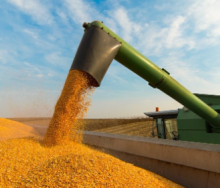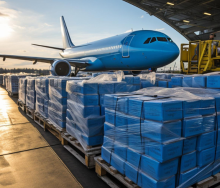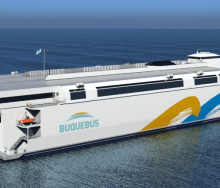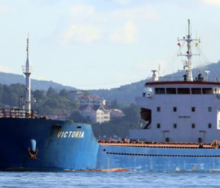A Pittsburgh-based driverless transport developer has taken to the road with it first fully autonomous articulated trucks operating on highways in Texas.
The company’s Class 8 trucks are currently undertaking customer deliveries between Dallas and Houston, having already completed almost 2000 kilometres without a human being behind the wheel.
Tech magazine The Verge reports that the clients for these initial journeys are Uber Freight, the ride-hailing company’s freight brokerage, and Hirschbach Motor Lines, a carrier specialising in time- and temperature-sensitive goods.
Aurora chief executive, Chris Urmson, said he travelled in the back seat during the first truck’s inaugural journey, which he described as “the honour of a lifetime”.
“We founded Aurora to deliver the benefits of self-driving technology safely, quickly and broadly,” Urmson stated.
“Now, we are the first company to successfully and safely operate a commercial driverless lorry service on public roads.”
Aurora has indicated it intends to expand its driverless service to El Paso and Phoenix by the end of 2025.
Driverless trucks were once expected to precede robotaxis and privately owned autonomous vehicles in widespread adoption, given that highways are considerably less complex than urban and residential roads.
However, self-driving trucking companies have encountered challenges with technology and regulation, which have delayed their public launch.
Some companies, such as Embark Trucks, TuSimple and Locomation have ceased trading, while others have scaled back plans to deploy driverless lorries as timelines have been extended and funding has dwindled.
Public sentiment towards autonomous vehicles has also declined, partly due to missteps by companies like Tesla and Cruise.
However, Aurora, like Waymo, has adopted a measured and cautious approach to commercialisation, with a strong focus on safety.
Founded in 2017 by former staff from Uber, Tesla and Waymo, Aurora had originally planned to deploy its fully autonomous trucks in 2024. These plans were delayed until this year, with the company continuing to refine its autonomous system for surface-street driving and construction sites.
Aurora claims its technology offers a potential solution to current challenges in the haulage industry, such as a shortage of drivers, high turnover rates and rising operating costs. The company asserts its system can address these specific issues, while also reducing labour costs and enhancing safety on the roads.
Aurora has spent four years conducting supervised pilot runs, primarily in Texas, during which it delivered over 10 000 customer loads across three million autonomous miles.
The company also reports having demonstrated capabilities such as predicting red light runners, avoiding collisions and detecting pedestrians in the dark at distances of hundreds of metres. It has established partnerships with several leading players in the haulage industry, including Continental, Volvo, Uber and others.
The necessity to begin charging customers for deliveries is clear when reviewing Aurora’s financial results. In its most recent report, the company posted a net loss of $748 million for 2024, down from $796 million the previous year. While the loss has reduced, Aurora’s revenue forecasts have also declined. The company expects to announce its first quarter earnings on 8 May.
